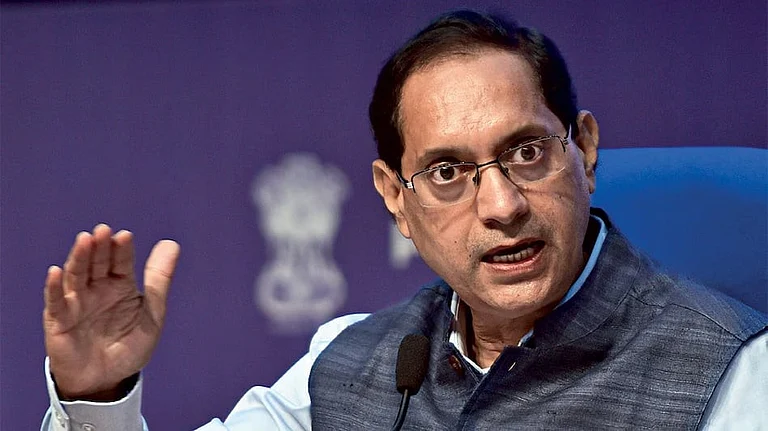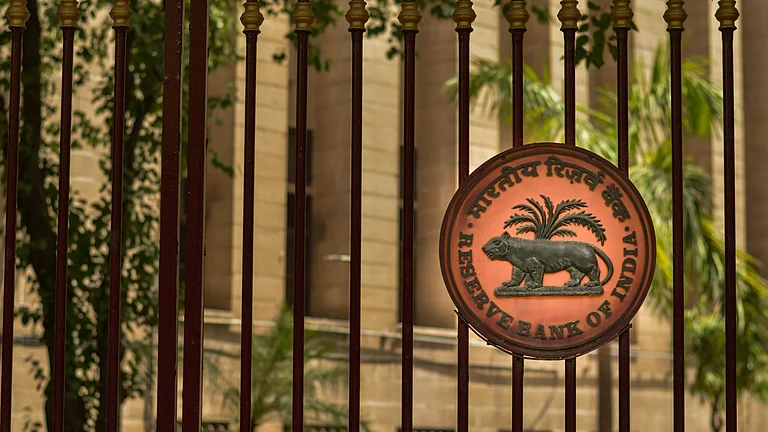The recent attempts from US-based short seller Viceroy to profit from a sharp selloff in Vedanta triggered by its own scathing report on the Anil Agarwal-led conglomerate has once again brought foreign short sellers into sharp focus. Much like Hindenburg’s high-profile takedown of the Adani Group two years ago, which reaped gains from the ensuing market rout, Viceroy appears to be following a familiar playbook: take a short position, publish bold accusations, and ride the wave of panic.
This tactic: take short positions first, publish report later, has increasingly become a market disruptor. These reports, often released without prior regulatory checks, threaten to cause sharp volatility and dent investor sentiment. That said, markets watchdog, the Securities and Exchange Board of India (Sebi) has put a rigorous and tight framework in place, the twist is that these regulations are highly efficient to deal with domestic research analysts, but lose all effectiveness when talking about foreign outfits.
As things stand, research analysts within India are required to register with Sebi, ensuring some degree of accountability and transparency. But foreign research firms, operating outside Indian jurisdiction, face no such obligation, even when their reports directly affect Indian stocks and investors. That is the regulatory loophole foreign short sellers have slipped through time and again.
While Sebi has tightened norms on short selling by mandating institutional investors to disclose positions upfront and requiring retail traders to do so by the end of the trading day, these rules only apply within India.
Foreign investors face a tighter scrutiny, allowed to only short through the official securities lending and borrowing (SLB) mechanism, and only in stocks with sufficient foreign investment headroom. On paper, these restrictions should curb large, aggressive short bets. But when trades are routed through offshore accounts and research is published from abroad, Sebi’s net can't stretch much far.
Proxy advisory firm InGovern has flagged the issue, stating that “foreign research outfits not registered with Sebi can publish reports on Indian companies without being subject to Indian regulatory scrutiny, even when their actions directly impact Indian investors and markets.” In other words, Sebi can act against domestic troublemakers, but its hands are tied when the culprits are sitting halfway across the globe.
Legally, Sebi can request help from foreign regulators, such as the US SEC, with whom it already has information-sharing agreements. In fact, during the Adani-Hindenburg probe, the SEC provided critical data. But these channels are often slow, with months-long delays that blunt Sebi’s response.
Experts say its time for a regulatory revamp. India could take cues from the EU’s short selling rules, which mandate pre-disclosures and allow emergency bans during highly volatile periods. The US, too, imposes curbs when stock prices plunge too rapidly. For India, sharper tools like real-time tracking of large foreign shorts, mandatory disclosure of financial interest in research reports, and swift cooperation with global watchdogs could level the playing field.
If foreign short sellers profit off Indian market movements, they must follow Indian rules. Sebi could also mandate that any report tied to a short position must clearly disclose that financial interest, so investors can judge the intent behind it.
And in extreme cases, Sebi must have the authority to temporarily restrict short selling. Circuit breakers of this kind are already used in other developed markets. India should not be the outlier.
In an increasingly global and interconnected marketplace, India needs a sharper, more proactive regulatory playbook. The foreign short seller strategy is no longer a mystery, and now it's time for Sebi to close the loopholes.



































